Bogotá, Colombia, Feb 25 (V7N) — Armed groups in Colombia are expanding their influence, carrying out kidnappings, killings, and forced displacements despite ongoing peace talks with the government, the United Nations said in a report released Monday.
The UN Human Rights Office detailed the growing violence and insecurity in the country, highlighting that:
At least 252 people were killed in massacres last year.
89 human rights defenders lost their lives.
216 children, mainly Indigenous, were forcibly recruited into armed groups.
"Violence perpetrated by non-State armed groups and criminal organizations in Colombia continues to blight people's lives and rip apart the social fabric of communities across the country," the report said.
Colombia has been struggling with armed conflict for more than six decades, involving:
Leftist guerrilla groups, such as the National Liberation Army (ELN) and dissident FARC rebels.
Right-wing paramilitary organizations and drug cartels.
State security forces attempting to regain control.
While a historic peace deal in 2016 led to the disarmament of the Revolutionary Armed Forces of Colombia (FARC), it failed to stabilize many regions. Analysts say the government did not step in to control former rebel strongholds, allowing new armed groups to emerge.
President Gustavo Petro’s administration has pursued a negotiation-first approach, focusing on peace talks rather than military crackdowns. However, critics argue that this has allowed criminal groups to grow in power.
The UN report singled out the Catatumbo region in northeastern Colombia as one of the worst-affected areas, where violence has displaced more than 50,000 people in recent months.
"There has been an expansion and consolidation of armed groups in different parts of the country," UN representative Juan Carlos Monge said at a press briefing in Bogotá.
The hardest-hit populations include Indigenous communities, Afro-Colombians, and small-scale farmers, who face constant threats from armed factions battling for control of drug trafficking routes and illegal mining operations.
Despite the worsening security situation, the UN noted some improvements:
Massacres decreased by 27% from 2023.
Murders of rights defenders dropped by 15%.
Forced displacement fell by nearly 20%.
However, the report warns that Colombia's security crisis remains far from over, and state intervention is critical to prevent further territorial expansion by criminal groups.
The Colombian government has yet to respond to the report’s findings.
END/WD/RH/



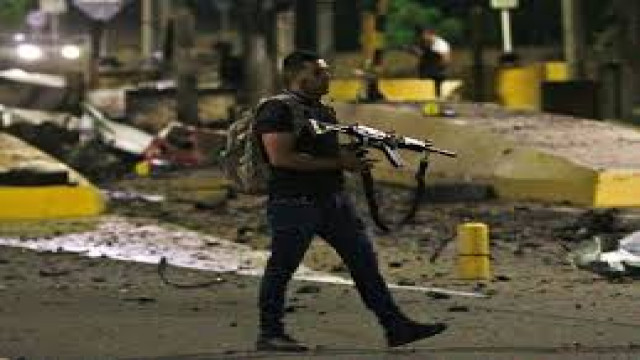

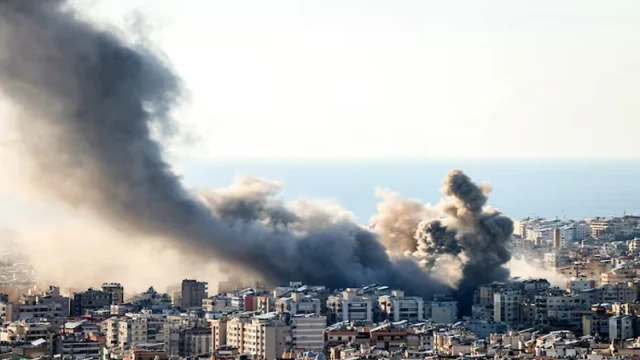


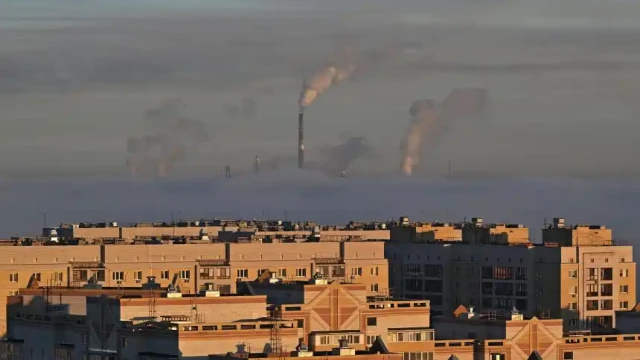


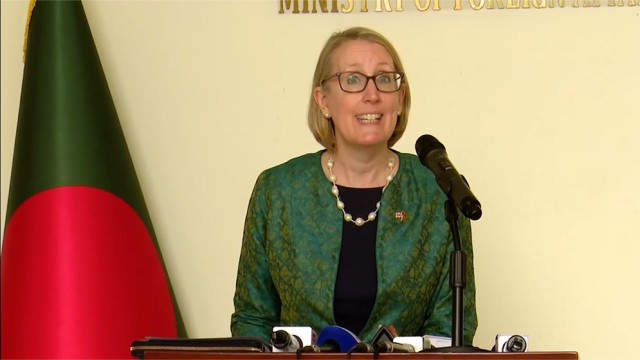
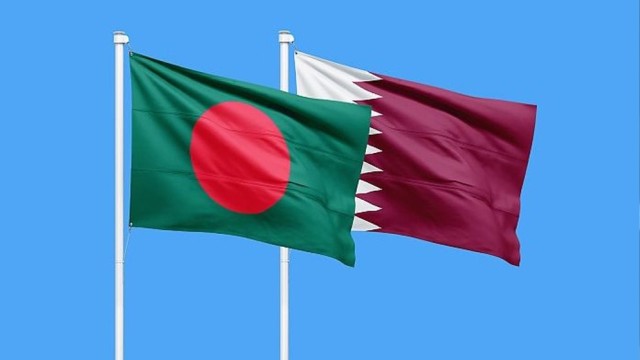
















Comment: